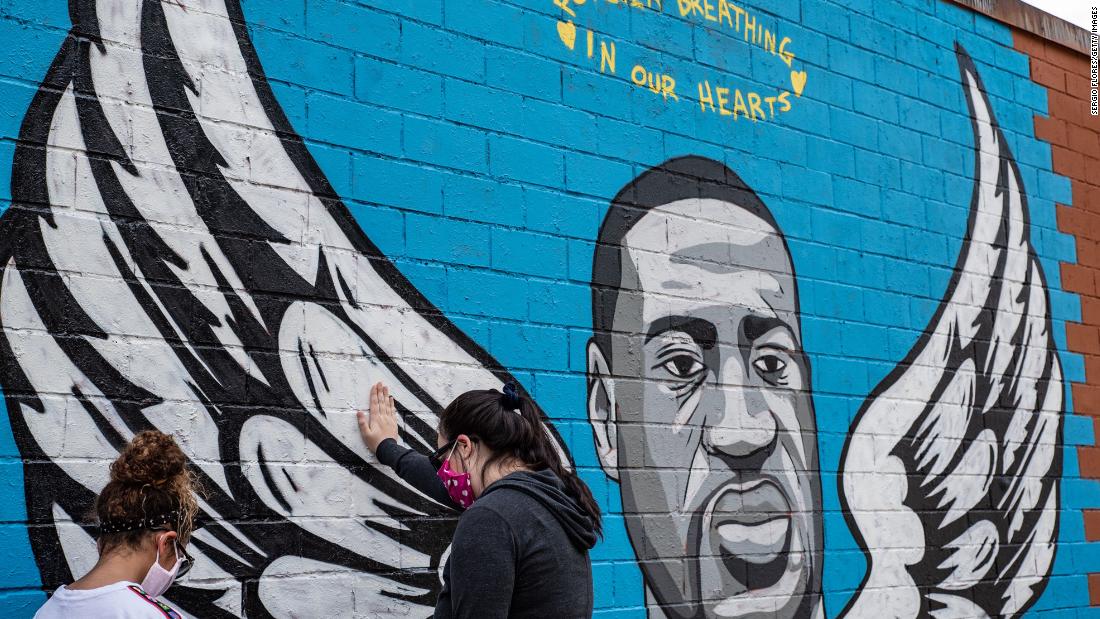[ad_1]
“The problem with silence is that it can’t speak up and say why it’s silent,” writes Hong. “And so silence collects, becomes amplified, takes on a life outside our intentions, in that silence can get misread as indifference or avoidance…and eventually this silence passes over into forgetting.”
Silence is the scar that forms over the small, persistent wounds of our lives as Asian Americans. Silence is what our immigrant forebears learned when they first arrived in this country, to hide the awkwardness of their second-language speech, to swallow the bitterness of petty slights, to bite their tongues so as not to escalate major ones. Silence is what they taught to us, their children and grandchildren, through adages like “The nail that sticks up gets hammered down” — the categorical opposite of American sayings like “The squeaky wheel gets the grease.”
But the silence that might protect us in small ways in the short term leads to a moral callus over the soul in the long term that can, as Hong says, be mistaken for disdain, or become indifference in truth.
History shows us that this nation’s anti-Asian bias spikes in times of internal or external economic or military crisis and fades when these pressures abate. But it also gives us ample evidence that anti-blackness is steady, unrelenting, and continuous — an undercurrent in American society that some privileged Americans may try to avoid seeing, but never goes away.
Asian Americans’ privilege is an uncomfortable thing for us to consider, given the very hard journey our immigrant parents, grandparents or great-grandparents may have taken to carve out a place for us here, and the microaggressions (along with more explicit forms of racism) we still experience in our own lives.
But our families first came to this country seeking shelter from war and catastrophe, escape from tyranny, or access to educational and professional opportunity. They were not dragged here in chains. They did not experience two-and-a-half centuries of serving as chattel, and a century after that of institutional degradation and constant terrorist threat, and a half-century after that of a nation trying very hard to pretend those 350 years never happened at all.
And let’s be very honest: This studious negation of history is what enables the harassment, assault and murder of black people today. When we refuse to address the bigotry woven into American society, when we submerge black lives beneath “all lives,” when we talk obliquely about love and fellowship without acknowledging racism and segregation, when we who are not black stay silent, we allow the names of countless casualties of state violence and systemic racism in policing to fade into mere litany, a blurry montage that rolls before the latest victim is unveiled.
Eric Garner. Michael Brown. Akai Gurley. Tamir Rice. Sandra Bland. Philando Castile. Botham Jean. After each incident there was outrage, then indifference, avoidance and a passing over into forgetting.
Now, as protests fill the streets, it feels like the horrific deaths of Breonna Taylor, Ahmaud Arbery and George Floyd, coming so close together in a time of pandemic lockdown, when most of us have had nothing to do but stare at our screens, have brought our culture to a turning point. Those who are marching and demanding justice aren’t just black, aren’t just young, aren’t just doing so in major cities. The crowds cut across lines of race and ethnicity, gender and sexual orientation, age and class.
And in this moment, Asian Americans have a particular role to play as allies: We need to be loud. Because in the past, our silence has led to our being used as an example of a “good minority” that doesn’t protest, a hardworking population that presents a counterfactual to the notion that America is racist, a magic eraser for 400 years of anti-blackness on this continent.
But most of all, because for Asian Americans, “belonging is always promised and just out of reach so that we behave,” to quote Park once more. “If the Asian American consciousness must be emancipated, we must free ourselves from our conditional existence.”
Through silence, we allow others to control whether we belong and where we belong. Are we unassimilable aliens, or intrinsically American? Do we seek adjacency to whiteness, or coalitions of color? By speaking out now, we answer these questions for ourselves.
[ad_2]
Source link




